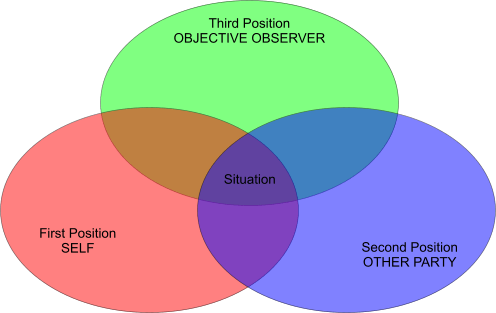NLP Applications
What are the Applications of NLP?
Some people are mainly interested NLP applications, or what NLP can do, and how and when it can be used. In other words, what are the jobs for the tool? Some of the NLP applications are quite ubiquitous like phobia cures, allergy cures, modeling, coaching and persuasion, while others are very much less charted. This online book is dedicated to exploring NLP applications.

